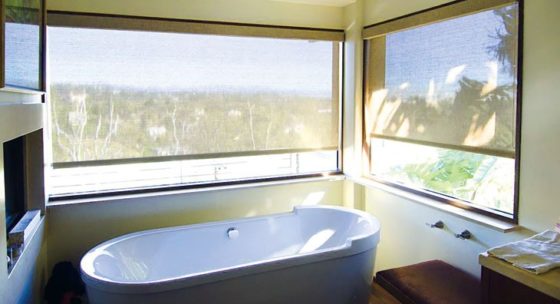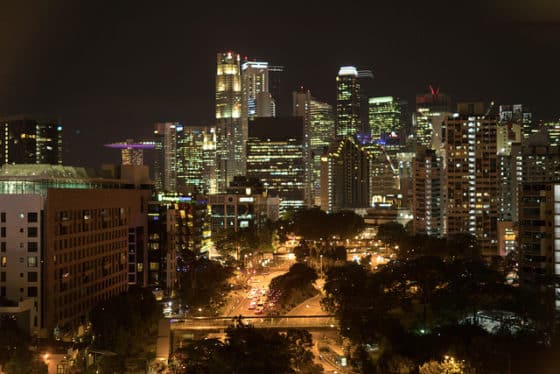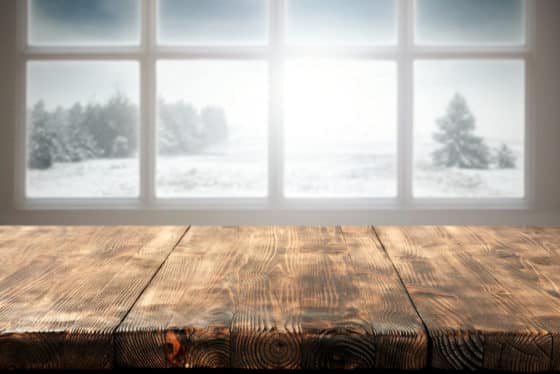
How to Fix the Biggest Energy-Wasting Areas in Your Home
Energy is necessary for many devices in our lives, but it’s also very easy to waste. Every little bit of wasted energy is wasted money. While many areas of the house unnecessarily consume energy, these are the worst culprits.
Heating and Cooling Systems
By far, the biggest users of energy in the home are heating and cooling systems. Combined, they cost homeowners around $1000 per year. Even in standby mode, furnaces and air conditioners can consume a lot of electricity.
To help cut down on heating and cooling costs, use a smart thermostat. These thermostats can be set to automatically turn the heat or air conditioning off or on depending on when you’re home or not. They can also regulate temperatures in specific rooms and give you detailed reports on your energy usage. You can also close the vents in certain rooms that you’re not using or close all of the vents when you’re out of the house.
To help with cooling in the summer, it’s a good idea to install solar shades. This helps prevent your home from getting overly hot from intruding sunlight, reducing the need to use the air conditioner.
Air Leaks
Continuing on from the heating and cooling systems, air leaks are a common cause of unwanted temperature changes in the home. Even small cracks in access points such as doors and windows, and less insulated areas such as attics and crawl spaces can create enough air flow to cool down or heat up a house.
To combat this, replace seriously damaged doors, windows, and door and window frames. Weather strip and seal all doors and windows. Any cracks or large gaps in the attic or crawl space, inside and out, should be securely sealed.
Water Heater
The second biggest consumer of energy in the average household is the water heater. There’s no doubt having immediate access to hot water is a necessity, but there are a few ways to cut down on water heater usage.
Take short showers instead of long showers or baths. Lower the temperature on the water heater. Even a few degrees lower can save significant amounts of energy. Install a timer to prevent the water heater from kicking on in the middle of the night when no one needs it.
Washer and Dryer
They may not be used as much as the heating and cooling systems, but simply starting a washer or dryer uses up a lot of power. One cycle per machine every few days adds up quickly on your monthly electric bill.
In order to save energy and money on your washer and dryer, use machines that are Energy Star certified. This certification means that the machine has been tested and proven to be energy efficient both in operation and in idle mode.
For the washer, set the machine to quick loads whenever possible. It’s also a good idea to set the water temperature to cold. Heating water for the wash cycle requires a lot of energy, and most loads of laundry can be washed just as well in cold water.
Small Electronics
Look around the room and take notice of any small electronics that are currently plugged in. Computers, smartphones, lamps, fans, gaming consoles and more all consume electricity when plugged in, even if they’re switched off. Most people don’t think much of the energy being wasted by small electronics, but the usage of these devices and the energy they’re wasting is increasing every day.
If you’re not currently using an electronic device and it’s done charging, unplug it. If you’re planning on leaving the house for an extended period of time, such as going away on vacation, unplug everything including the clocks, televisions, stove and microwave.
Lights
Most people have been pestered by their parents to not leave lights on if nobody’s using the room. While it may have been a bother to hear as a kid, it’s a legitimate source of energy consumption.
Always switch off lights when leaving a room. If you have adequate sunlight, always opt to use that as a light source whenever possible.
Your choice of light bulb is also a contributing factor to the energy consumption of your lights. Incandescent bulbs are notorious for using most of the energy they consume for heat instead of light. Try switching out inefficient bulbs for better options such as CFLs and LEDs.
British Solomon is a contributing writer and media specialist for Eclipse Shading Systems. She regularly produces content for a variety of eco-friendly and home decor blogs.




Post a comment